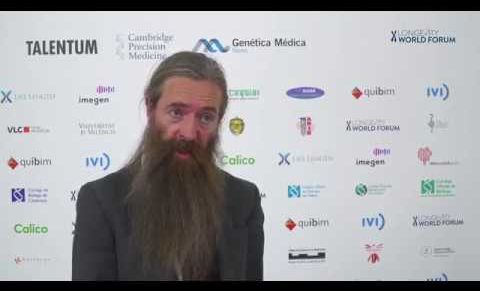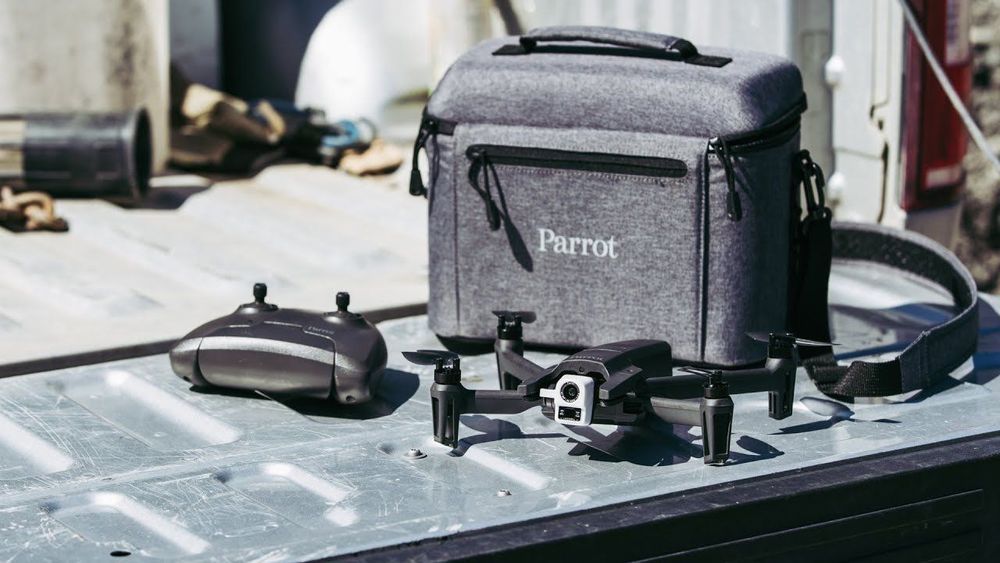Jun 25, 2019
A Sperm Bank in Space May Help Populate Mars One Day
Posted by Klaus Baldauf in category: space travel
Research find that frozen sperm is unaffected by microgravity and can survive spaceflight.
Research find that frozen sperm is unaffected by microgravity and can survive spaceflight.

https://www.youtube.com/watch?v=R61whg2Udo4&feature=share
A lil bit of everything from overpopulation to growing interest. Aubrey says a 50% chance in 15 to 20 years but he is planning human trials starting in 2021.
If you are a PR wizard, deep into the rejuvenation market, help us speed up the transition to a world without age-related diseases.
The arrival of such fast weaponry will dangerously compress the time during which military officials and their political leaders — in any country — can figure out the nature of an attack and make reasoned decisions about the wisdom and scope of defensive steps or retaliation. And the threat that hypersonics pose to retaliatory weapons creates what scholars call “use it or lose it” pressures on countries to strike first during a crisis. Experts say that the missiles could upend the grim psychology of Mutual Assured Destruction, the bedrock military doctrine of the nuclear age that argued globe-altering wars would be deterred if the potential combatants always felt certain of their opponents’ devastating response.
The new weapons — which could travel at more than 15 times the speed of sound with terrifying accuracy — threaten to change the nature of warfare.
CAPE CANAVERAL, Fla. (AP) — SpaceX launched its heftiest rocket with 24 research satellites Tuesday, a middle-of-the-night rideshare featuring a deep space atomic clock, solar sail, a clean and green rocket fuel testbed, and even human ashes.
It was the third flight of a Falcon Heavy rocket, but the first ordered up by the military.
The Defense Department mission, dubbed STP-2 for Space Test Program, is expected to provide data to certify the Falcon Heavy — and reused boosters — for future national security launches. It marked the military’s first ride on a recycled rocket.

Researchers in China are using drones as nodes in the development of an airborne quantum communications network. The article describes how such a network, using a quantum drone would be nigh unhackable.
A new study shows that gut bacteria composition is different in people with fibromyalgia and that it varies with the severity of pain and other symptoms.
A Russian cosmonaut and astronauts from the United States and Canada have returned to Earth after spending more than 200 days on board the International Space Station.
Oleg Kononenko with the Russian space agency Roscosmos, Anne McClain of NASA and Canadian Space Agency astronaut David Saint-Jacques landed aboard Russia’s Soyuz MS-11 spacecraft on Monday (June 24). Lowered by parachute and slowed by braking thrusters, the capsule touched down southeast of the town of Dzhezkazgan on the steppe of Kazakhstan at 10:47 p.m. EDT (0247 GMT or 8:47 a.m. local time on June 25).
The landing brought to a close the crew members’ 204-day mission, which saw Kononenko, McClain and Saint-Jacques serve on the space station’s 58th and 59th expedition crews. The trio arrived at the orbiting laboratory on Dec. 3, 2018.
With Earth-like canyons and oceans of liquid methane, Saturn’s moon Titan is one of the most fascinating places in the solar system. To better understand this weird world, scientists recreated Titan’s alien oceans in the lab, producing new types of crystals that don’t occur naturally on Earth but may form a common crust on Titan.
